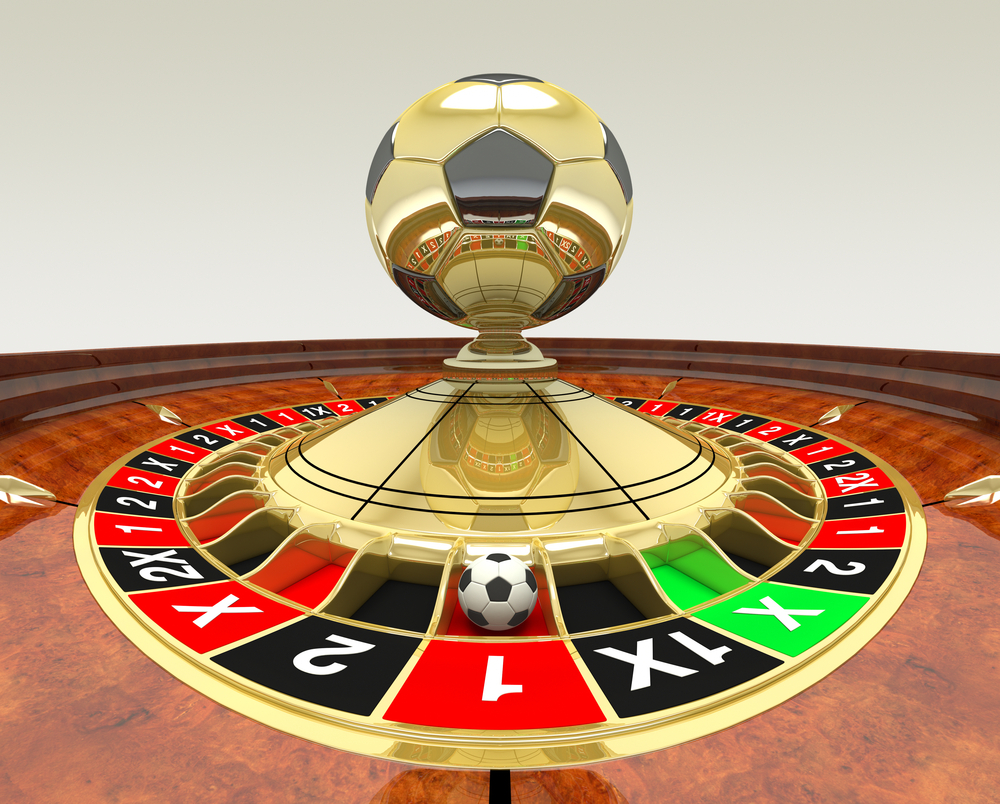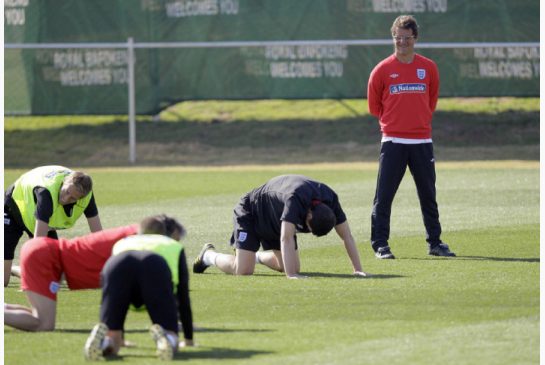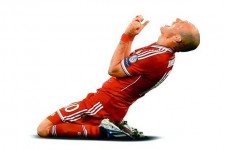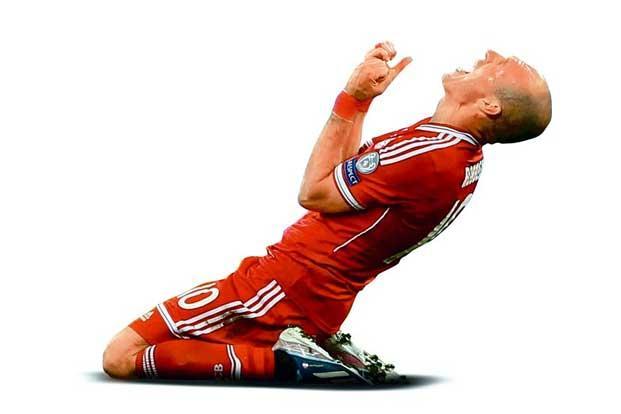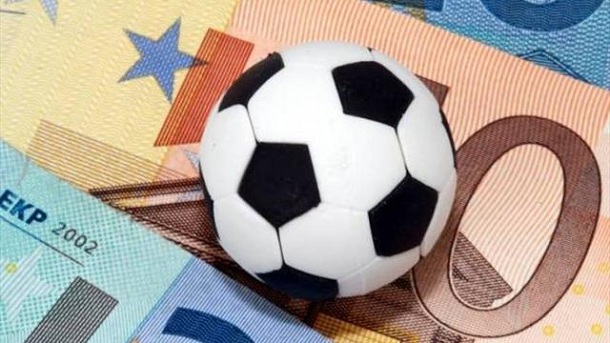
28 January, 1921. ‘British Guiana’, as they were known back then, are preparing for their first ever international match. The opponents? Neighbours ‘Dutch Guiana’, now known as Suriname. A 2-1 away victory was assured, and this was the start of a footballing revolution in the small Caribbean country.
The fixtures were sporadic. The team’s next game would not come until 1923, ironically against the same opponents. Fast forward 14 years, and British Guiana are just coming up to their third match.
The international footballing programme was in its infancy in the early 1900’s, hence the long waits for games – that were, albeit, mere friendlies.
In November 1947, British Guiana entered their first ever tournament; Standard Life. The competition was hosted by Trinidad & Tobago. The team survived four games, earning two wins, one draw and suffering just the one defeat to the hosts, losing 2-0.
But better things were to come. Three years later, in 1950, British Guiana played out its first home games, all of which were to Trinidad. Like their Caribbean counterparts – the Trinidadians were rusty as their last competitive matches were in the Standard Life championship.
Although the former British colony national side was just starting out, it was something new; a fresh challenge; an attempt at getting Guyanese football on the map.
Football was coming into life in British Guiana. The revolution had begun.
1966 was an important year. It was the year that saw Guyana gain independence from the United Kingdom, with a corresponding change of name for the national team.
However, the supporters were made to wait five years before the footballing calendar got underway.
And when the fixtures did come around, they were significant. They were qualifiers for the 1971 CONCACAF Championship against Suriname. The draw was unfortunate for Guyana, as they had to travel away for the first outing, losing 4-1, and then at home they were again beaten, 3-2
In 1976, Guyana entered their first ever World Cup qualification campaign. The target: to reach the 1978 FIFA World Cup in Argentina. Quite a challenge but it provided hope for the Guyanese community as somehow their World Cup dream could become a reality.
The team would play a two-legged preliminary in the Caribbean section of the CONCACAF qualifiers against Suriname. Despite winning the first leg 2-0 at home, they struggled in Paramaribo as they were swept aside 3-0.
Perhaps their brightest and proudest moment was qualifying for the 1991 Caribbean Cup, where they managed to cement a 4th place finish in a tournament in which they excelled.
And one mustn’t rule out 2006 as a significant milestone for Guyanese football. The side held down 10 successive victories. The impressive form boosted their FIFA World Ranking position by 87 positions in little over a year.
Consequently, they rose up into the top 12 of CONCACAF and their reputation was strengthened.
One competition which has been particularly kind to Guyana is the Caribbean Cup. In 2007, the team missed out on a semi-final berth on goal difference alone. Had they have achieved the feat of reaching the last four; they would have qualified for the 2007 CONCACAF Gold Cup. That would have been some achievement.
And in 2008 and 2010 they reached the third round, only to get knocked out as the latter stages of the event loomed. Maybe that sums Guyana up, the bridesmaid and never the bride. So close every time. A country that lacks financial investment and resources, it’s difficult to stamp your authority on a region where the likes of Jamaica, Trinidad & Tobago and Haiti reign supreme.
So, what state is the modern Guyana national football team in nowadays? It’s actually developing quite smoothly. Late October concluded their World Cup qualifying campaign as they gave it their all but ultimately lacked that extra edge in quality, as a result finishing bottom of the group with one point.
They fared so well to even get to the third round. Led by iconic skipper Chris Nurse, a polished midfield general who plays in the North American Soccer League with Puerto Rico Islanders, Guyana are making steady progress.
There is much to look forward to. In mid-October, the team began their Caribbean Cup campaign in St Lucia in Group 2 – a group consisting of the hosts, Curacao and St Vincent & Grenadines. Guyana secured two wins out of three and finished at the summit of the group progressing to the next stage.
Interestingly, the Caribbean Cup is a competition that isn’t tremendously acknowledged within the football unit, often slipping under the radar. It’s a well-respected footballing event in the Caribbean, always promising a carnival atmosphere and the putting the onus on the youth.
Since its establishment in 1989, it’s come on leaps and bounds. Serving as a qualification tournament among CFU members for the CONCACAF Gold Cup, it frequently sees the island’s heavyweights Trinidad & Tobago (eight-time winners) and Jamaica (five-time winners) show dominance. But that’s not to say Guyana cannot bridge the gap…
The second round resumes on 14 November and this time the opposition will be a lot tougher. Matches against Haiti – who are improving all the time, Grenada – who boast the standard of players such as Jason Roberts of Premier League side Reading and French Guiana – who excelled in the latest edition of the Coupe de l’Outre-Mer.
The development and reputation of the Guyana national football team has come a long way since the early 1920s. 1966 was arguably the most important year for the sport in Guyana, as it was the year when independence was gained and the year when a new generation was created.
Written by Nathan Carr
Follow him on Twitter @caribbeanftbl
Check out his excellent site about everything Caribbean Football, The Home of Caribbean Football
Please like O-Posts on Facebook
You can follow O-Posts on Twitter @OPosts






